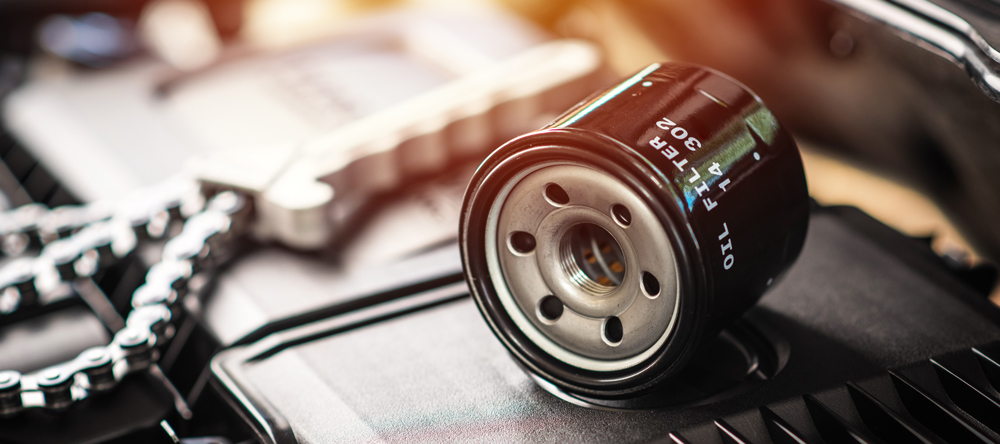
Cabin Filter
The cabin air filter in your vehicle is just like the furnace filter in your home; it is there to protect your vehicle against all kinds of dust, dirt, and even pollen. And because it is a filter, it can get clogged and needs to be replaced every so often. Serious issues can arise if your cabin air filter is not changed regularly. One of these potential issues is polluted air circulating throughout the cabin of your vehicle, which can cause allergic reactions such as sneezing and coughing. Another potential issue is a dirty cabin filter, which can cause unwanted odors in the cabin of your vehicle. Additionally, a dirty cabin filter can cause poor visibility. A dirty or clogged cabin filter can also block the airflow when you need to turn on your defrost or even decrease the life of your AC and heating system. The industry standard is to replace the cabin air filter every 20,000 to 30,000 miles to keep the air coming into your vehicle pure.










